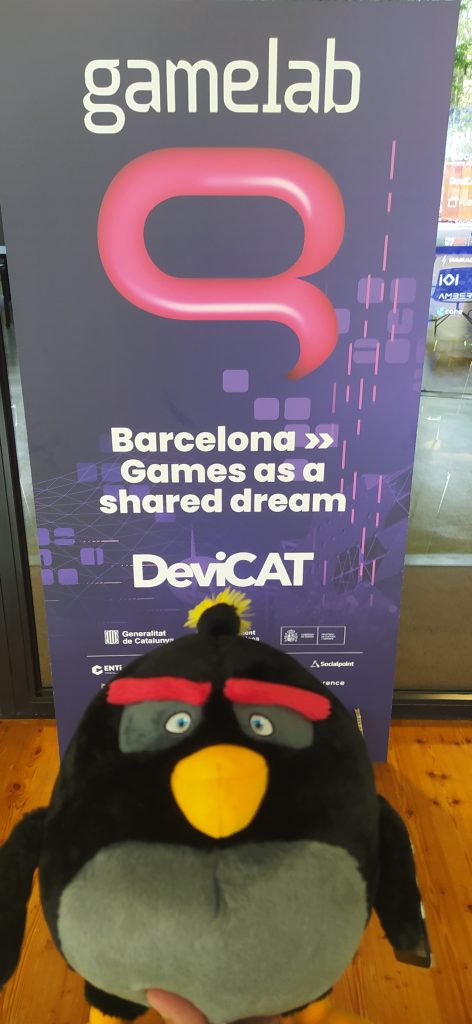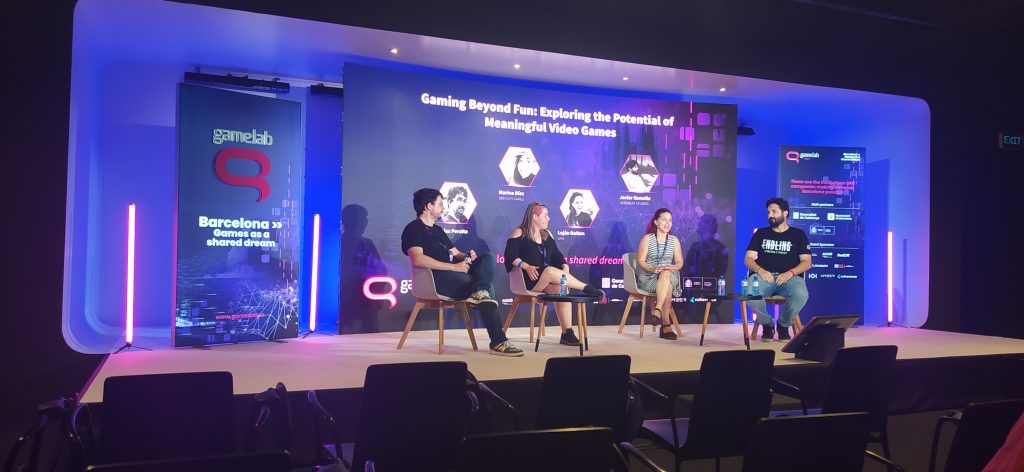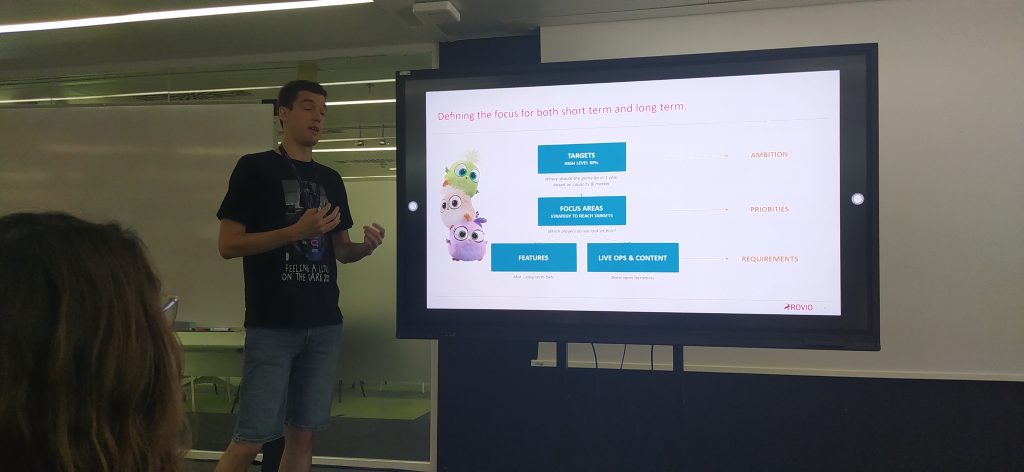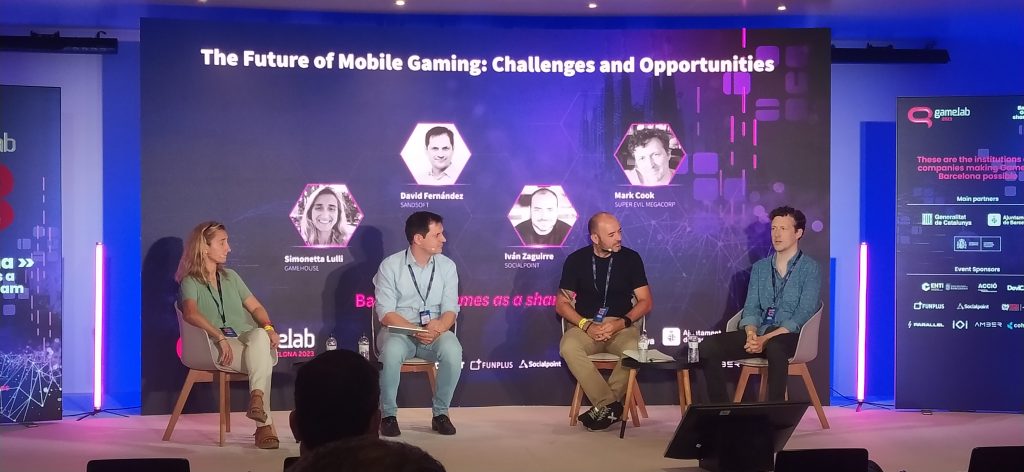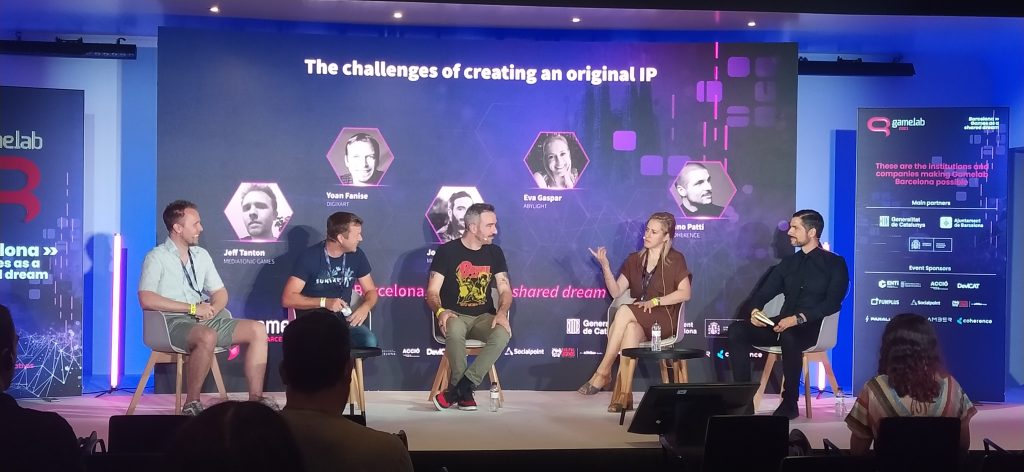It happens to many of us to join a company and realize that it is not the place for us. Not for the product, not for the people, but for the type of culture there.
During some selection processes, we have the opportunity to speak with the founders. There is always a moment when they ask us if we have any questions. I recommend these 3 questions to understand where you are going to end up.
Are you running a race or a ride?
There is no right or wrong answer to this question. There are professionals who prefer racing. They want to feel the adrenaline rush and get some results first. Train hard and work hard. They don’t like to lose the race. They want to be at least on the podium and bet everything in their lives on that.
There are other professionals who, like me, want to last 100 years. If some competitor does better, who cares? There’s room for everyone. Take it easy. Do your job with patience, and dedicate yourself to those hours with all of yourself. But remember that life has many facets, not just work.
Fun fact: I worked for a beautiful company that ran a ride. The company was bought by a multinational whose vision was: “to become the best f2p company in the world“. From ride, work turned to race. In a race, people are left behind. I jumped ship immediately. Many of my former colleagues were fired in 1 year, probably for some number on a spreadsheet. Do you read the company vision? Do you meditate on that? That is very important, believe me.
I’m working for you. What are the elements that will lead you to say “nice job” in 6 months?
This question is essential to understand what are the things that the company is looking for. All businesses want to make big profits, big and small. This is obvious, otherwise, a sane person would never get into entrepreneurial ventures.
There are many different types of leaders. Ask this question and listen carefully to the answer.
Fun fact: I was in a bar having an informal interview with a company that wanted to land in Barcelona. I asked this question to the person who was supposed to be my future boss. This person replies “I’ll tell you that you’re doing a good job if I’m drinking champagne from PRADA shoes! Hahaha!“. I finished my coffee, said goodbye politely, and left. The company has never been able to create anything here.
If you fired in the last year, could you tell me why?
This is a question that will make us understand the intentions of the companies. It’s a question I’ve never asked anyone. Today I only interview for companies that really interest me. With solid projects.
But given the recent times, where the job market treat people like commodities. This question is fundamental.
In fact, we need to understand what kind of monster we are entering through the jaws. If this monster will spit us out, shit us out.
Or if we will become part of his organism contributing to its functioning.
Conclusion
People who don’t know how to manage often manipulate the topic of cultural fit to serve their ego. Other times, it professionals who don’t know how to ask questions view this topic not so important.
Remember: you should become the member of a company to improve its culture. No one should never force you in their schema.
